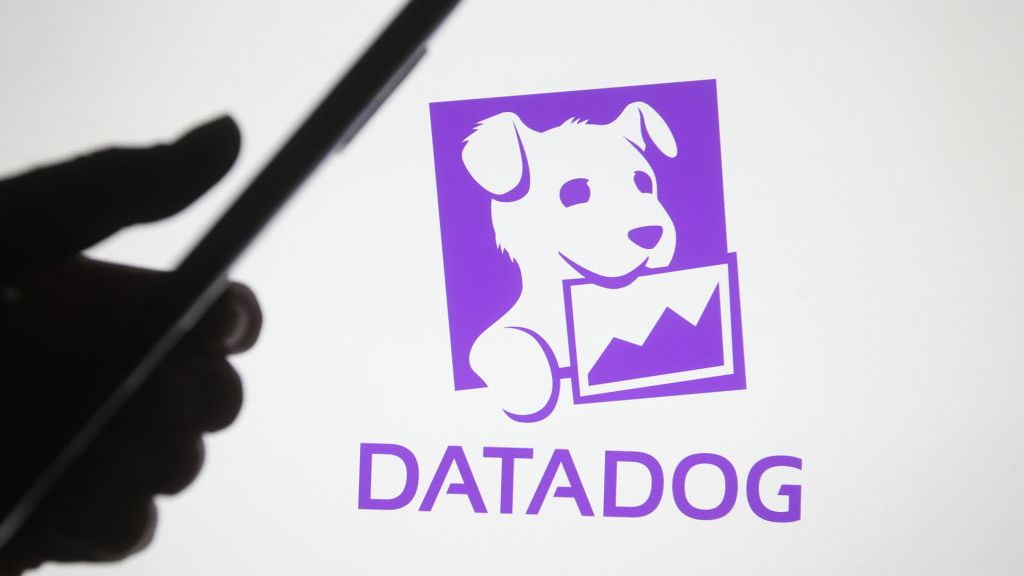Attorneys general from 37 states sue Google over 'unlawful Play Store monopoly'
Lawsuit claims that the tech giant allegedly paid off Samsung and app developers too


A coalition of bipartisan attorneys general from 37 US states are suing Google over alleged practices that they allege help the company maintain an effective market monopoly for its Play Store.
The lawsuit also claims that the tech giant paid off Samsung and other app developers in order to limit market competition.
The allegations against Google’s Play Store come from an investigation involving 50 states in September 2019 and has resulted in three lawsuits against the company.
Now, the states, which are led by Utah, New York, North Carolina, and Tennessee, said in a lawsuit filed at the Northern District of California that “Google leverages its monopoly power with Android to unlawfully maintain its monopoly in the Android app distribution market”.
The lawsuit alleges that a one-off payment was offered to Samsung in exchange for the limiting of development on its own competing app store.
“Google initially proposed paying Samsung up to [Redacted] ; in return, Samsung would give up its direct commercial relationships in app distribution with consumers and developers,” states the lawsuit.
The lawsuit also alleges that Google bought off key app developers to stifle competition in the Android app distribution market by deterring them from making their apps available outside the Play Store.
Sign up today and you will receive a free copy of our Future Focus 2025 report - the leading guidance on AI, cybersecurity and other IT challenges as per 700+ senior executives
“To do so, Google shared its monopoly profits by providing these app developers in-kind services and adding distribution restrictions through an addendum to the DDA” it said in the lawsuit.
“Google’s monopoly is a menace to the marketplace. Google Play is not fair play. Google must be held accountable for harming small businesses and consumers,” said Utah attorney general Sean Reyes. “It must stop using its monopolistic power and hyper-dominant market position to unlawfully leverage billions of added dollars from smaller companies, competitors and consumers beyond what should be paid.”
Wilson White, senior director of public policy at Google, said in a statement that it was “strange” a group of state attorneys general chose to file a lawsuit attacking a system that “provides more openness and choice than others”.
“This complaint mimics a similarly meritless lawsuit filed by the large app developer Epic Games, which has benefitted from Android’s openness by distributing its Fortnite app outside of Google Play,” he said.
“This lawsuit isn’t about helping the little guy or protecting consumers. It’s about boosting a handful of major app developers who want the benefits of Google Play without paying for it,” added White.
IT Pro has asked Samsung to comment on the lawsuit.
RELATED RESOURCE

Spotlight: The state of the UK & Ireland mid-sized business and IT today 2021
The UK and Ireland’s mid market firms faced a difficult 2020 but have a strong platform for recovery
Last year, the Department of Justice (DoJ) charged Google with violating federal antitrust law. The investigation determined that the tech giant improperly used its digital dominance to affect corporate rivals and consumers negatively, and alleges that the company maintained a monopoly in search and search advertising.
Meanwhile, US antitrust bills that are designed to curb big tech passed the House Committee stage last month. This included the American Innovation and Choice Online Act which looks to prohibit discriminatory conduct by dominant platforms, while also banning self-preferencing, prohibiting big tech companies from favouring their own products on their platforms.
Zach Marzouk is a former ITPro, CloudPro, and ChannelPro staff writer, covering topics like security, privacy, worker rights, and startups, primarily in the Asia Pacific and the US regions. Zach joined ITPro in 2017 where he was introduced to the world of B2B technology as a junior staff writer, before he returned to Argentina in 2018, working in communications and as a copywriter. In 2021, he made his way back to ITPro as a staff writer during the pandemic, before joining the world of freelance in 2022.
-
 The modern workplace: Standardizing collaboration for the enterprise IT leader
The modern workplace: Standardizing collaboration for the enterprise IT leaderHow Barco ClickShare Hub is redefining the meeting room
-
 Interim CISA chief uploaded sensitive documents to a public version of ChatGPT
Interim CISA chief uploaded sensitive documents to a public version of ChatGPTNews The incident at CISA raises yet more concerns about the rise of ‘shadow AI’ and data protection risks
-
 Akamai snaps up API security startup Neosec
Akamai snaps up API security startup NeosecNews Neosec’s API detection and response capabilities will help customers protect themselves against API attacks, Akamai says
-
 UK government to open huge data catalogue for app developers
UK government to open huge data catalogue for app developersNews Professional and independent developers will be given easy and vast access to transport data, opening up a wealth of opportunities
-
 The Total Economic Impact™ of IBM Cloud Pak® for Watson AIOps with Instana
The Total Economic Impact™ of IBM Cloud Pak® for Watson AIOps with InstanaWhitepaper Cost savings and business benefits
-
 Seven reasons to modernize your applications
Seven reasons to modernize your applicationsWhitepaper Observability needs for application modernization
-
 How to improve business agility with API and application integration
How to improve business agility with API and application integrationWhitepaper Multi-cloud and hybrid integration accelerates business operations
-
 Datadog to acquire cyber security startup Hdiv Security
Datadog to acquire cyber security startup Hdiv SecurityNews The acquisition will help Datadog boost its Cloud Security platform's application security capabilities
-
 Smarter AIOps
Smarter AIOpsWhitepaper AI powered automation helping your business assure app performance
-
 Extending APM into observability
Extending APM into observabilityWhitepaper Understand the new world of automated observability
